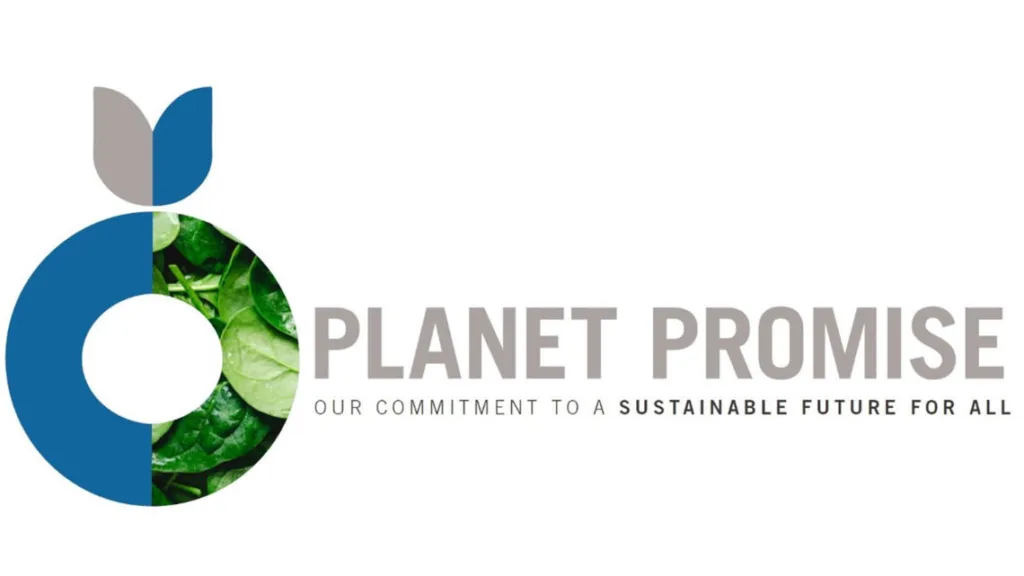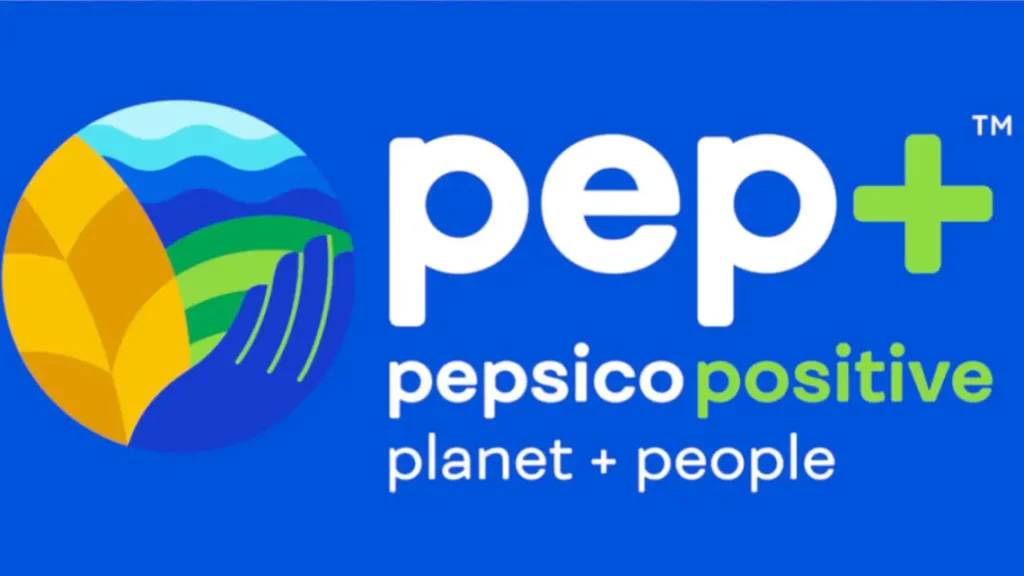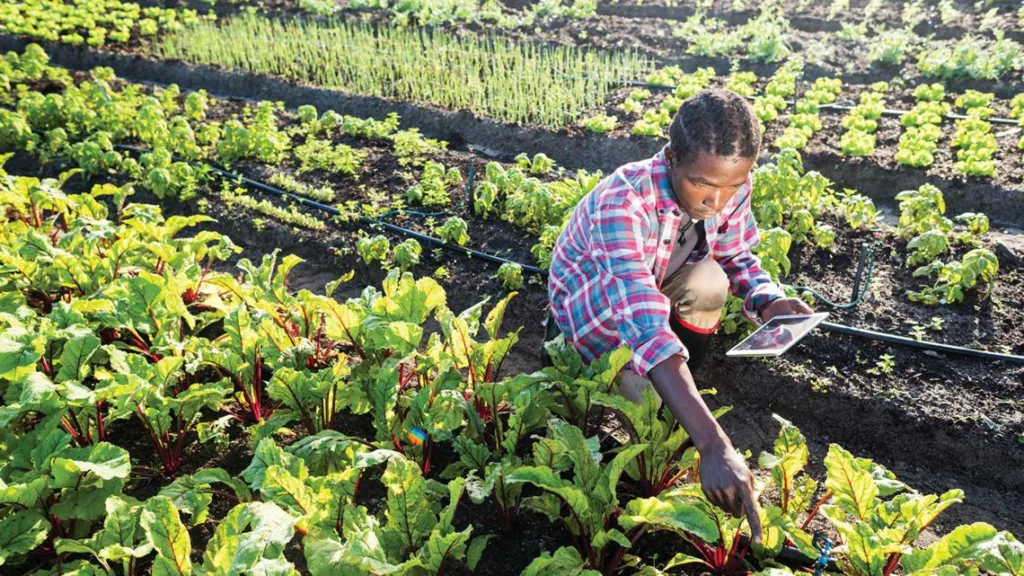The new WBCSD progress report supports businesses to make balanced assessments of the sustainability and health impacts of different animal and plant protein products and production methods.
Geneva, 18 August 2020 – Today, the World Business Council for Sustainable Development (WBCSD) launched the Protein Impact Framework, a progress report supporting businesses to make balanced assessments of the sustainability and health impacts of different animal and plant protein products and production methods.
The sustainability, health and business impact of different protein types are among the most hotly debated topics on the food and agribusiness company sustainability agenda in 2020. Recent years have seen the publication of a range of analyses, either focusing on certain aspects of protein nutrition and sustainability or presenting broad assessments of the food system.
However, to date, previous frameworks focusing on certain aspects of protein nutrition and sustainability were not tailored for business which is the reason why member companies of the WBCSD Food and Nature Program expressed their interest in developing a framework to assess the sustainability, health and business impacts of different protein products and production methods.
The Framework covers the following impact areas:
- Environmental – production process impacts on the local and global environment;
- Societal – production process impacts on workers, local communities and the global community;
- Health – product consumption impacts on human health; and
- Business – product production and sale impacts on the businesses involved.
Each impact area includes a list of indicators for application and use by businesses. These indicators were selected by gathering information from literature reviews and expert interviews, by testing indicators with member companies, and by running a broader consultation on indicators.
This preliminary version of the Framework will be adapted over time and in response to company use and feedback. This first version of the Framework focuses on simplicity, given its experimental nature.
As such, WBCSD invites companies to trial the Framework and feedback to assess whether a version 2.0 makes sense in the future. In the meantime, WBCSD will promote further research into consistent societal indicator data for different protein products and production methods.
Central to the discussion on transforming the global food system is the production and consumption of a balanced and diversified protein mix, produced sustainably. This publication is the third one of a series of WBCSD publications on proteins, as part of our wide effort to support food value chain companies in their journey to provide healthy, enjoyable diets for all, produced responsibly within planetary boundaries.
- Emeline Fellus, FReSH project director at WBCSD
Proteins are essential parts of healthy diets. Demand is surging. To future-proof protein product innovation to keep people and planet in a healthy shape, it is important to take the different sustainability dimensions into consideration – meaning environmental, social, health and economic parameters. The Impact Framework as co-developed by WBCSD guides companies and sector groups to take all these different axes into account – a very helpful and ‘round’ compass!
- Jacobine Das Gupta, Director Sustainability at DSM
As mentioned in the report, existing sustainability frameworks were not tailored to business. I hope that this preliminary protein impacts framework can serve as first step to help different companies along the food value chain to assess the potential impact of for them relevant scenario’s on the different indicators of sustainability as input for strategic business decisions. The focus may initially be on the protein transition but once the framework is further developed, the scope could be widened to the transition to more sustainable foods & diets in general.
- Mariska Dotsch, Global Manager Sustainable Nutrition at Unilever
A high number of relevant sustainability topics combined with a high number of different solutions calls for a framework to achieve clarity what solution has the biggest impact and how to deal with trade-offs. We use the framework to achieve clarity internally, allowing us to focus on the right solutions. We use the framework in our external stakeholder communication, to visualize diverging perspectives and build support for the solution with the most positive impact.
- Ralf Kelle, Vice President Sustainable Development at Evonik



